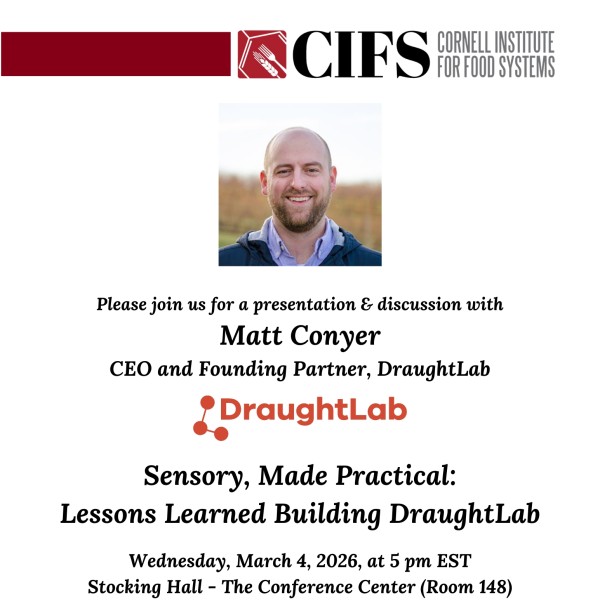Seminar in Critical Development Studies, Spring 2024
This seminar is co-hosted by the Polson Institute for Global Development, Cornell Global Development and the Graduate Field of Development Studies.
Abstract
In this presentation, Rashad Williams provides a broad definition of “reparative planning” while discussing and critiquing the multiple meanings through which it has been practiced in cities across the United States. Using case studies, he identifies three broad types of reparative planning and ultimately, working within the political economy of race, advances and defends the notion of a radically anti-racist reparative planning. Standing apart from what he identifies as liberal-individualist and liberal-structuralist reparative planning, this third type uses the framework of racial capitalism to advance spatial and structural transformation while attending to the intersections of race and class injustice.
About the speaker
Rashad Williams is the Assistant Professor of Race & Social Justice in Public Policy at the University of Pittsburgh. His interdisciplinary research crosses the boundaries of urban planning, urban politics, and the political economy of race to study the urban expressions of the black reparations movement. Williams' research also explores the conditions under which egalitarian ideas become implemented into municipal policy, ideology, and race-class inequality. He has coined the term reparative planning to describe the implementation of redress policies at the urban scale. He has also published work in the areas of planning theory, planning practice, and housing policy. In 2022, he was honored with the Emerging Scholar Award by the Urban Affairs Association.
Date & Time
February 2, 2024
3:00 pm - 4:30 pm
Location

More information about this event.
Contact Information
Maria Boa, Ph.D. Student, Development Studies
- mdb339 [at] cornell.edu
Speaker
Departments
Global Development Section
Related Events

We openly share valuable knowledge.
Sign up for more insights, discoveries and solutions.



